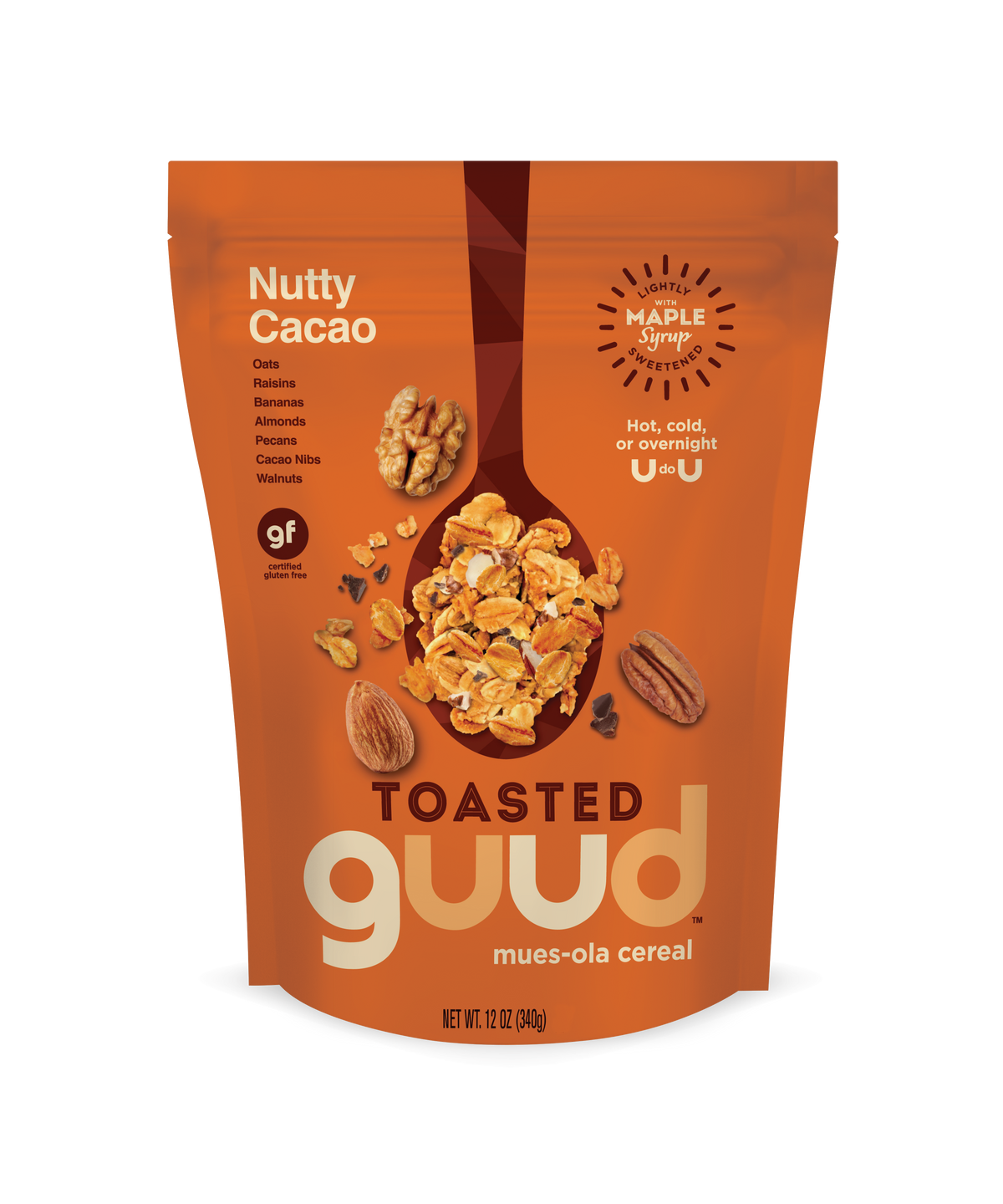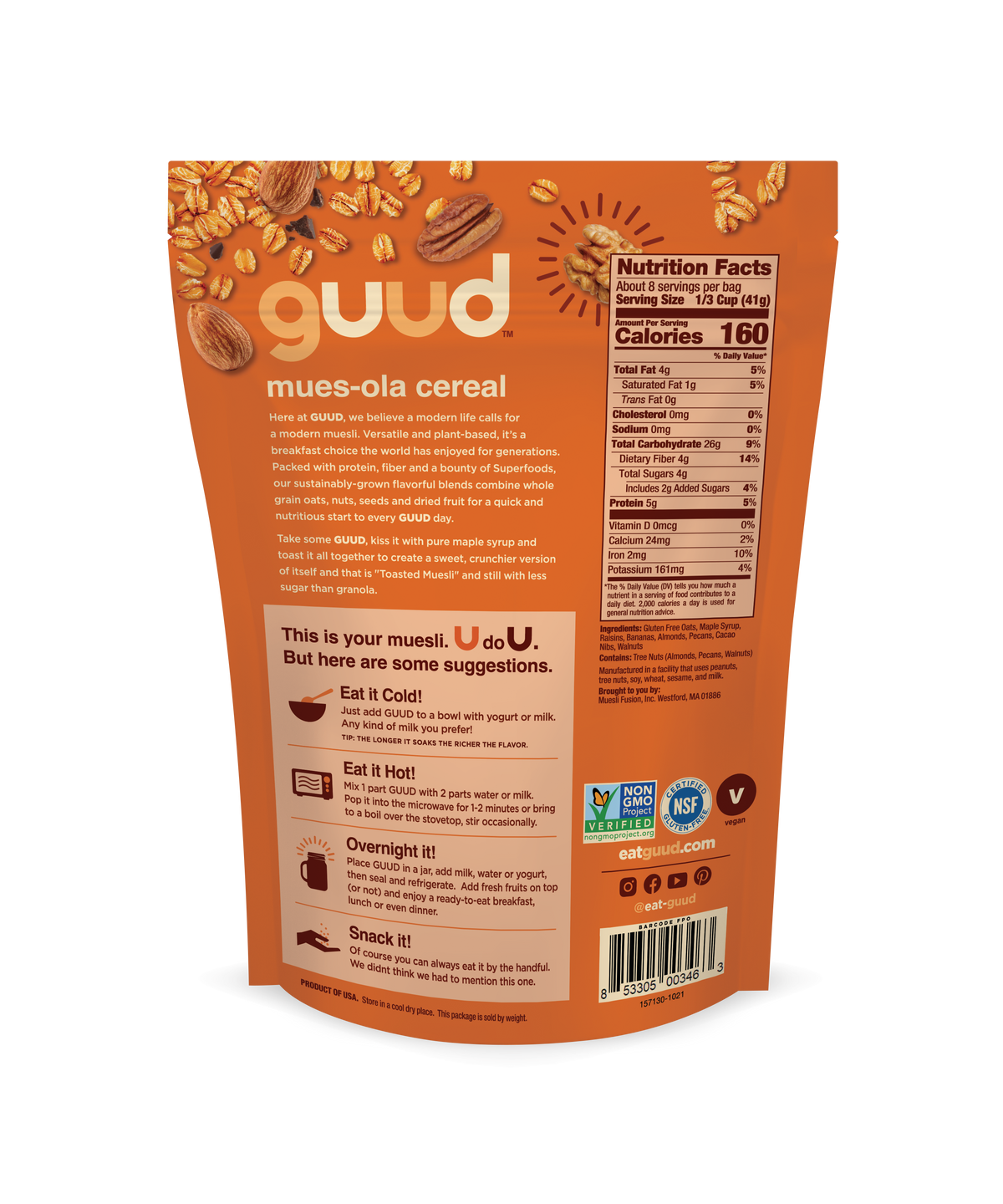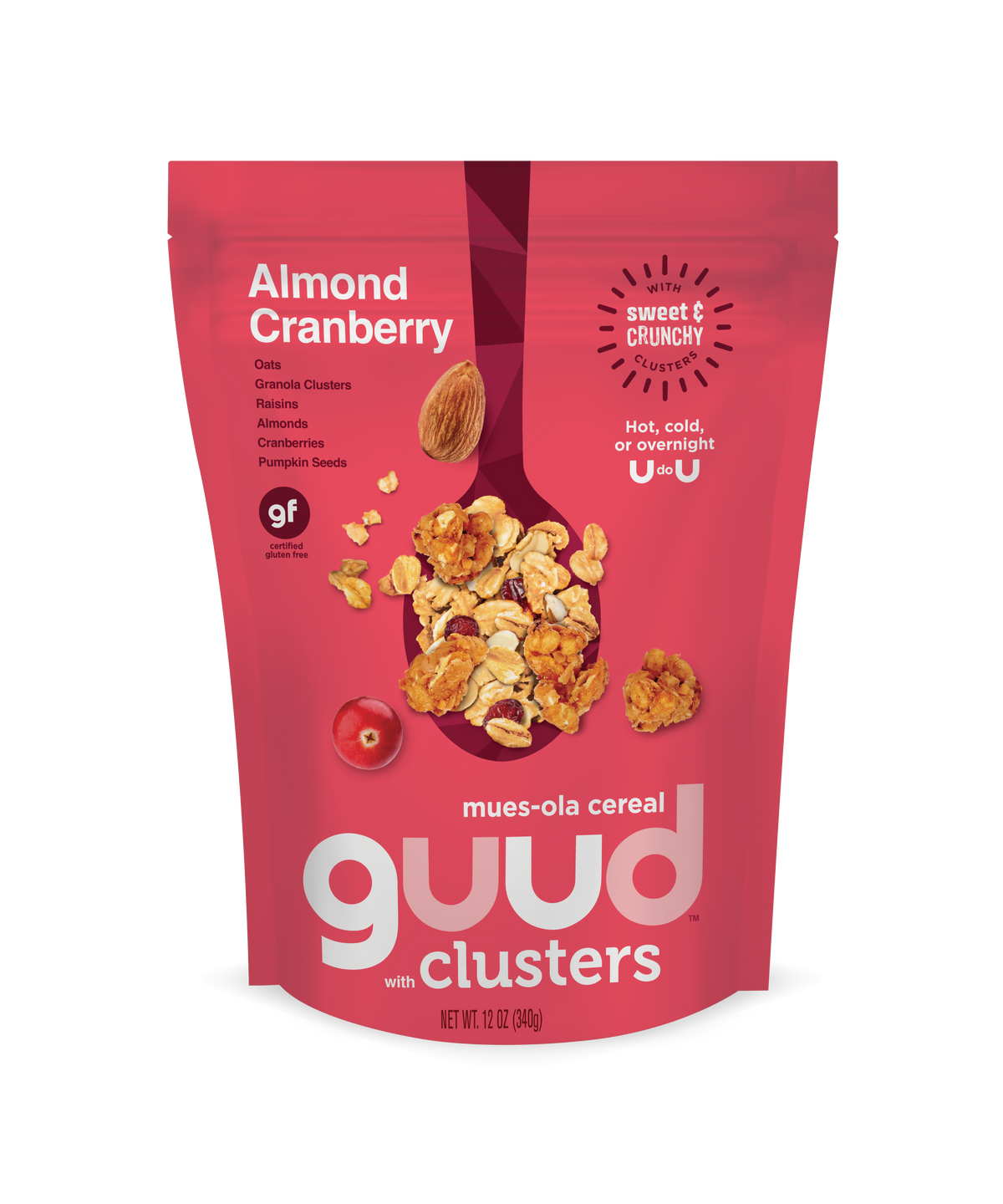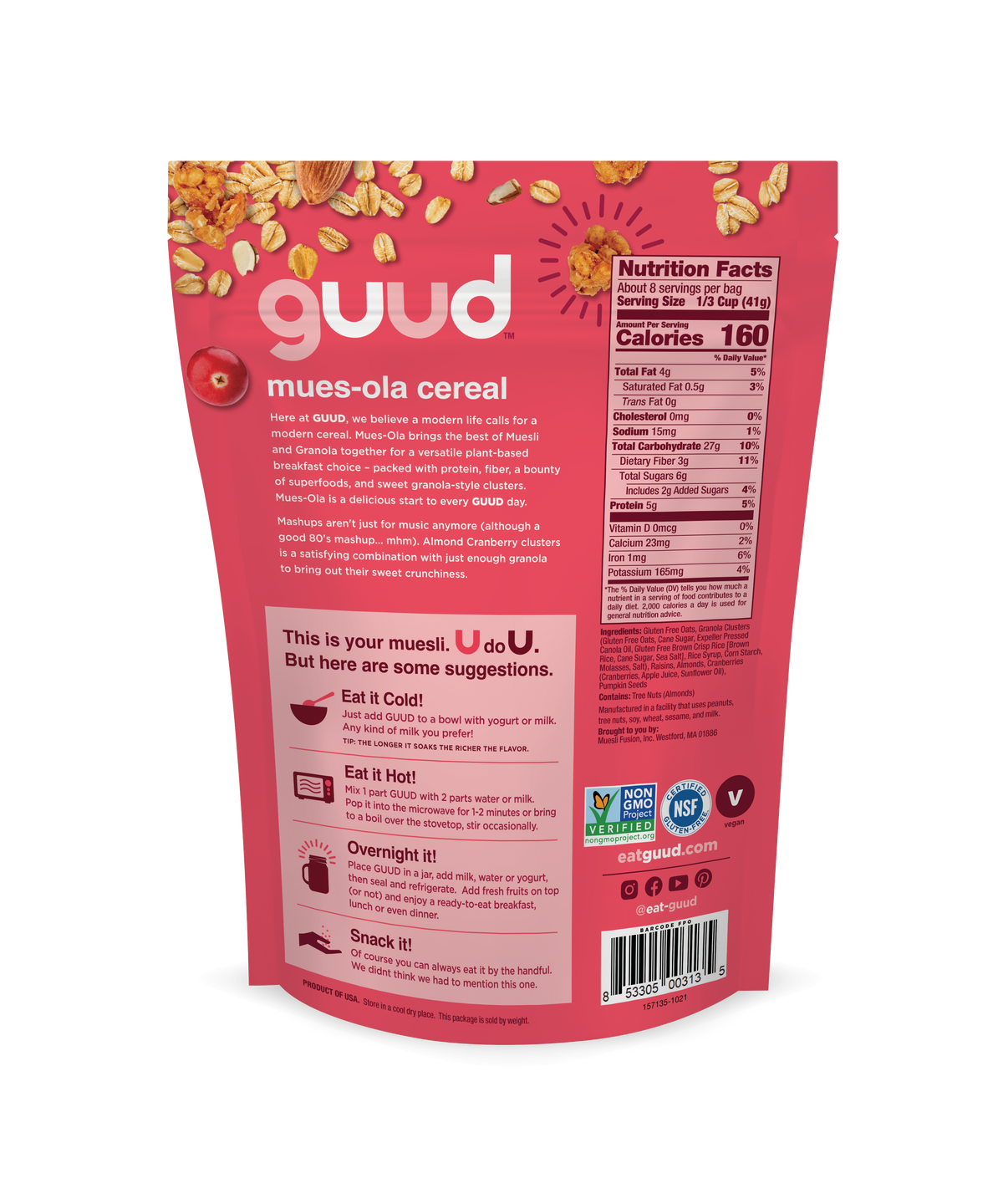Are you eating too much sugar? Surveys show that the average American adult consumes about 77 grams of sugar per day, which is more than 3 times the recommended amount for adults!
At GUUD, we're not big fans of added sugar, which probably doesn't come as a surprise. Most health authorities would agree, considering that too much sugar in people's diets contributes to issues like weight gain/obesity, diabetes and increased inflammation.
How much is too much sugar? And what are simple ways you can reduce added sugar in your diet? Let's find out which foods and drinks are the biggest culprits when it comes to putting people over the edge of sugar intake, plus healthier alternatives to have instead.

What's the Problem With Added Sugar?
If you're wondering why too much sugar is bad for you, and what exactly it does to your body, here's what you need to know:
Sugar — when eaten without fiber, protein and healthy fats — gets absorbed quickly once you eat it, which causes a spike in the hormone called insulin. Insulin's job is to take sugar from your bloodstream and move it to cells to be used for energy, however when you're frequently consuming lots of sugar, you become less responsive to insulin.
This is called insulin resistance, which occurs before someone develops type 2 diabetes. Insulin resistance is also linked to weight gain, obesity (in both adults and children), and other metabolic issues such as high blood pressure and high cholesterol.
High levels of insulin circulating through someone's bloodstream negatively impacts how their heart and arteries work, leading to thickening of their blood vessels and higher risk for heart disease.

One of the main reasons that eating too much sugar is dangerous is because it increases inflammation. In fact, sugar has been called a "universal inflammatory."
Inflammation from a sugary diet can affect cardiovascular and gut health plus brain function. It also stresses the liver, kidneys and pancreas, can worsen chronic pain, and takes a toll on mental health.
If we only ate natural foods that contained sugar, such as fruit or milk, we'd also be consuming protein, fiber and fat, which all help to slow down absorption of sugar.
The problem is that processed, sugary foods usually lack these other nutrients, so they cause a spike in blood sugar and then a quick crash, leaving you feeling sluggish and hungry.
How Much Sugar is Okay to Have Everyday?
It's important to distinguish between added sugars and natural sugars found in whole foods like fruits, veggies and dairy products.
Added sugars are those used to sweeten products like sodas, juices, sports drinks, desserts, cereals and cookies.
Organizations including the American Heart Association and Harvard School of Public Health suggest that adults limit their sugar intake to no more than 100 to 150 calories per day (equivalent to about 6 to 9 teaspoons, or 24 to 36 grams). Because adult men tend to consume more calories than women, men may be able to get away with having a little bit more sugar.
Children should ideally have even less added sugar, no more than 25 grams/6 teaspoons daily, but unfortunately they tend to consume even more than adults do.
3 Easy Ways to Avoid Having Too Much Sugar
1. Learn how to read nutrition labels
This is the best way to spot foods that contain added sugar in various forms.
Sugar in processed and packaged foods is often sneaky because it can be listed under more than a dozen different names, including: sucrose, fructose, syrups, evaporated cane juice, high fructose corn syrup, dextrose, and others.

When choosing products in stores, always read how much added sugar a food provides per serving, plus take a look at the actual ingredient list. Skip any item that lists multiple sugars in the first several ingredients, and ideally anything with more than 5 grams of added sugar per serving.
2. Avoid sugary breakfast cereals, granolas and similar snacks
If you regularly eat cereal or granola for a quick and tasty breakfast, here's some bad news: the average cereal (including granola!) in supermarkets contains more than 15 grams of added sugar per serving (about one cup). And if you mix cereal/granola with milk, sweetened milk alternatives, fruit or sweetened yogurt, you'll be consuming even more sugar.
Instead, opt for low-sugar muesli, which is a traditional European cereal made with whole foods like rolled oats, dried fruit, nuts and seeds. All of our GUUD muesli formulas contain only between 1 to 2 grams of added sugar per serving (all from the fruit!), but they don't sacrifice on taste.

We include flavorful ingredients such as almonds, cashews, dried berries, raisins, coconut and cocoa to make each bowl naturally delicious.
3. Don't drink beverages and snacks with added sugar
Research shows that sugary drinks and dessert-like snacks provide the bulk of most people's added sugar.
Sugary drinks provide virtually no nutritional benefits, yet they can contribute lots of "empty calories" to your overall diet. Studies have found that drinking soda, sports drinks, sweetened teas and processed juices is associated with a higher risk for health problems including: obesity, cancer, diabetes, arthritis, gout and others.
Instead, drink lots of plain water, plus seltzer, herbal teas, coffee, unsweetened tea, and small amounts of 100% fresh-pressed juices.
The bottom line on eating too much sugar
It can be hard to avoid added sugar considering it's found in so many drinks and packaged goods. However, because it increases inflammation and can have consequences for your overall health, it's worth taking extra steps to avoid it.









